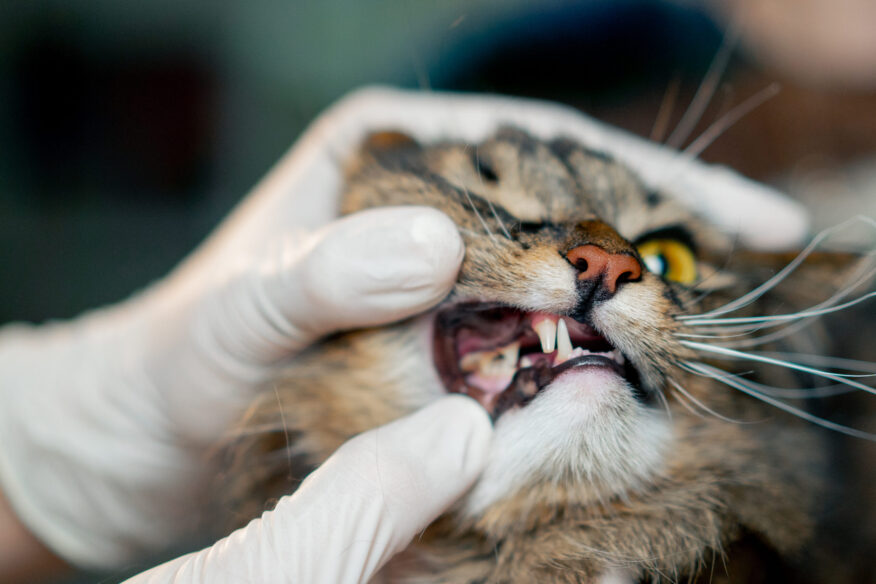Downloadable/printable fact sheet
Leptospirosis is a serious bacterial disease that affects dogs – and can even infect humans. Caused by Leptospira bacteria, the illness is spread through the urine of infected animals, particularly rats and dogs. Once it enters the environment, it can contaminate soil, puddles, and bedding – posing a risk for dogs that love to explore.
With recent outbreaks in Sydney’s Inner West, awareness is more important than ever. Here’s what you need to know.
How do dogs catch leptospirosis?
Dogs can become infected with Leptospira bacteria in several ways:
- splash exposure when contaminated water or soil comes into contact with a dog’s eyes, mouth, or any open wounds
- drinking stagnant water, including puddles, ponds, or unclean outdoor water sources
- swimming in contaminated water – the bacteria can enter through the skin.
Cats are not typically affected by leptospirosis.
Symptoms of leptospirosis in dogs
Leptospirosis targets the kidneys and liver, and in some cases, the lungs and blood. The symptoms are often non-specific, so it’s important to keep an eye out for:
- increased thirst and urination
- jaundice (yellowing of the eyes, gums, or skin)
- vomiting and diarrhoea
- loss of appetite
- fever
- painful abdomen
- muscle and joint pain
- coughing, fast or laboured breathing
- bleeding from the gums, skin, or in vomit/faeces.
If your dog is showing any of these symptoms, please book an appointment with our vet team as soon as possible.
Can leptospirosis be treated?
Yes – and early treatment gives your dog the best chance at recovery. Treatment generally includes:
- a course of antibiotics for at least three weeks
- supportive care such as IV fluids, anti-nausea medication, and liver support
- in more severe cases, blood transfusions may be required.
Most dogs recover well with prompt care. However, if the lungs are involved, the outlook can be more serious. Some dogs may also suffer long-term damage to the liver or kidneys. Without treatment, the disease can lead to organ failure and even death.
Is leptospirosis common in Sydney?
Leptospirosis is more common in humid environments like Queensland, but recent outbreaks in Sydney’s Inner West have highlighted local risk. Factors such as heavy rain, flooding, and increased rat populations have contributed to its spread. Under the right conditions, Leptospira bacteria can survive in the environment for months or even years.
You can read more about common local health risks for pets on our blog.
Can humans catch leptospirosis?
Yes – leptospirosis is a zoonotic disease, which means it can be passed from animals to people. To protect yourself and your family:
- wear gloves when handling your dog’s urine or soiled bedding
- wash your hands thoroughly afterwards
- avoid contact with potentially infected materials, especially if you’re immunocompromised
- consult your GP if you have any concerns.
Children and those with weakened immune systems are at greater risk of complications.
How to protect your dog
- Limit your dog’s access to rats, stagnant water and ponds. Do not let them swim in or drink from these areas while on walks.
- Vaccinate your dog, especially if you live in a high-risk area. A primary vaccine is followed by a booster in 3–4 weeks.
At Summer Hill Village Vet, we now stock the new Lepto 2 vaccine, recommended by Sydney University. It protects against the two main strains of leptospirosis found in our area – unlike the older version, which only covered one.
If your dog hasn’t been vaccinated recently, speak to us about vaccination options during your next visit.
Final thoughts
Leptospirosis is a preventable but potentially life-threatening illness. If you live in Sydney – particularly the Inner West – we strongly recommend discussing vaccination and safety precautions with your vet.
Have questions or need to book a vaccine? Contact Summer Hill Village Vet – we’re here to help keep your pets safe and healthy.




